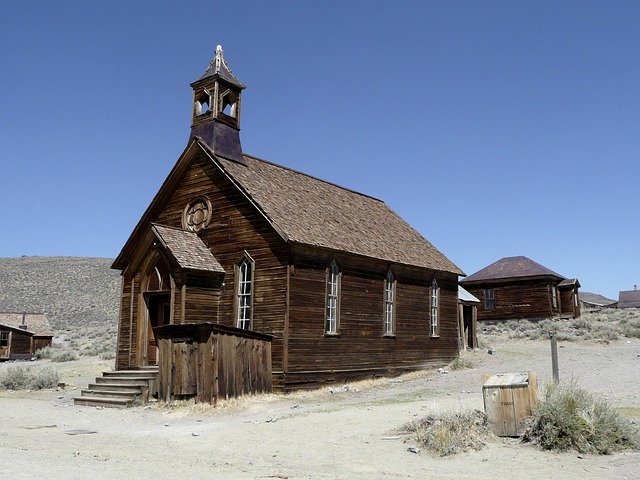 There is no escaping the reality that we are all guilty of confusing the faith lessons of the Bible with the fantasies we indulge in as children. Consequently, we are guilty of dismissing some of the Bible the same way we have learned to dismiss the fantasy stories of our youth.
There is no escaping the reality that we are all guilty of confusing the faith lessons of the Bible with the fantasies we indulge in as children. Consequently, we are guilty of dismissing some of the Bible the same way we have learned to dismiss the fantasy stories of our youth.
Once we apply our adult logic to the question, we are forced to confront some serious discrepancies and puzzles in the Bible.
While the book of Genisis amazingly outlines the sequence of the creation story in close alignment with today’s science and establishes credibility in doing so, it almost immediately follows with a serious discrepancy. The Bible tells of Cain being banished after the murder of his brother Abel. He is also marked, that others would know of his crime. A few lines later, we read of his marrying and starting his own family. The obvious question is – who are these “others” that would shun him and where did his wife come from?
The opposite extremes appearing in the earliest passages of the Bible should confirm that those passages were written, compiled, and chosen by men. God may have been the voice in their heads, but the hand that wrote those lines was fallible.
As we progress through the stories of the Bible, the questions are compounded. If Noah built the ark and gathered together two of each species of animal, where did he find koalas and kangaroos? Could a man actually survive inside the belly of a whale? Is it possible for the sound of trumpets to cause the walls of Jerico to fail?
When we look at these and other examples, we might conclude that at least some of the Bible tales are exaggerations or repeated and distorted tellings that were passed down verbally from prior generations.
So, does this mean that the Bible is fantasy?
More likely, it means that much of the Bible is history as told and repeated over generations. And like the old telephone game, some things are lost or misconstrued along the way.
What is most important, is the fact that the accuracy of the Bible tales becomes increasingly more reliable as time goes on. The lessons become clearer. The discrepancies become less disturbing, less important as the principles become more evident.
The Old Testament is basically a historical narrative. It is a history of a people searching for meaning, searching for the source of their existence. It is a history of the search for a way to connect with the ultimate power that these people instinctively know exists.
By the time the New Testament is written, the science of communication has evolved.
The New Testament is a record of the answers revealed. The New Testament is the core message in its purest form.









